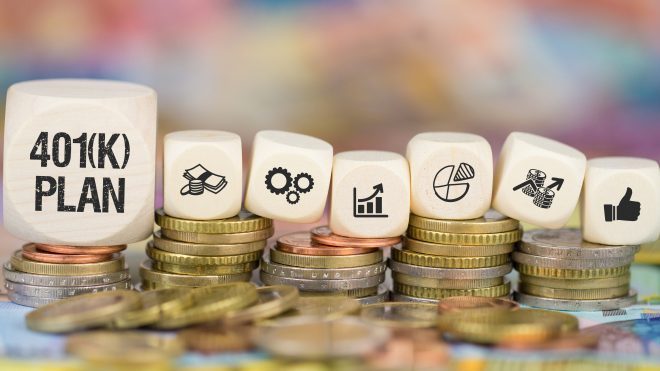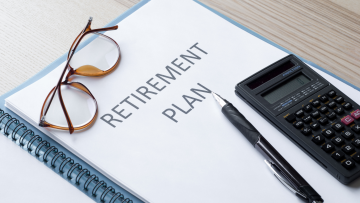55% of Americans Are Changing Their Retirement Savings Strategies Due to COVID-19. Here’s what you need to know before making changes to your contributions.
Today, it’s common knowledge the economic impact of COVID-19 isn’t going to vanish anytime soon. Millions of Americans are struggling as they see their finances turn upside down, with many wondering whether they and their revenue stream will ever be the same again. Of the 55% changing retirement plans, 54% say they’ll be contributing less money to their 401(k)s or IRAs, while 22% plan to start contributing more.
If you’ve been financially impacted by the Coronavirus, you may be considering ways to increase your daily income, including altering contribution plans and what help is available to you. Here’s what you need to know before making any drastic changes.
Cutting Contributions
If you don’t have emergency savings and you’re worried about being laid off, it might make sense to pause contributions to build up reserves. Still, to the extent that your employer offers matching contributions, try to at least maintain enough contributions to get the employer match.
If you feel your job is secure, don’t turn off contributions just because of market volatility, keep up your contributions and consider stepping up contributions.
Increasing Contributions
A down market can tempt you to load up on investments in your 401(k) or IRA on the relative cheap. However, before you do, assess your income and savings.
How much you should invest depends on a few factors. If your employer offers matching contributions through your 401(k) plan, aim to save at least enough to earn the full match. After all, those matching contributions are essentially free money, so it’s wise to take full advantage of them.
In addition, make sure any cash you invest is money you won’t need anytime soon. In other words, don’t invest every spare penny if you’re worried you may lose your job and need to pull your cash out of the stock market in the next few months or years. You’ll also want to double-check your income against the 401(k) contribution rules to get an accurate number for your maximum annual contribution.
Getting Help
The worldwide crisis resulting from COVID-19 is filled with unknowns. But losing an income, being unable to pay bills, or facing a sudden need for health care can turn these hazy question marks into a reality. If the financial implications of the COVID-19 crisis begin to affect your finances, know what tools you have available and what steps you should take, and be aware of the CARES Act provisions that recently came into play…
The CARES Act
The Coronavirus Aid, Relief, and Economic Security (CARES Act) provides two optional provisions. First, a plan could be amended to allow for special withdrawals related to COVID-19, of up to $100,000, without the standard 10% early distribution penalty, repayable to the plan within 3-years, and with taxation spread over 3 years. Second, a plan could be amended to offer enhanced loans to those affected by COVID-19 up to the lesser of $100,000 or the full vested balance, for an extended term.
See our CARES Act blog for more details on these new provisions.
Ask the Experts
There’s no need to go it alone in any kind of market, much less the current downturn. If you don’t already have a relationship with a financial advisor, now’s an ideal time to consider finding one.
You might think that no financial advisor would want your business in a down market, but financial professionals are trained to help clients through all kinds of market conditions.
Talking with CKS Summit Group could help you evaluate your 401(k) options in light of your entire financial picture. Reach out to us here to set up a complimentary strategy session where we will assess the best customized plan for your individual needs.
With a deep breath and a better understanding of your options – and perhaps even some professional advice – you’ll chart a path that will offer smoother sailing in today’s rough waters.



